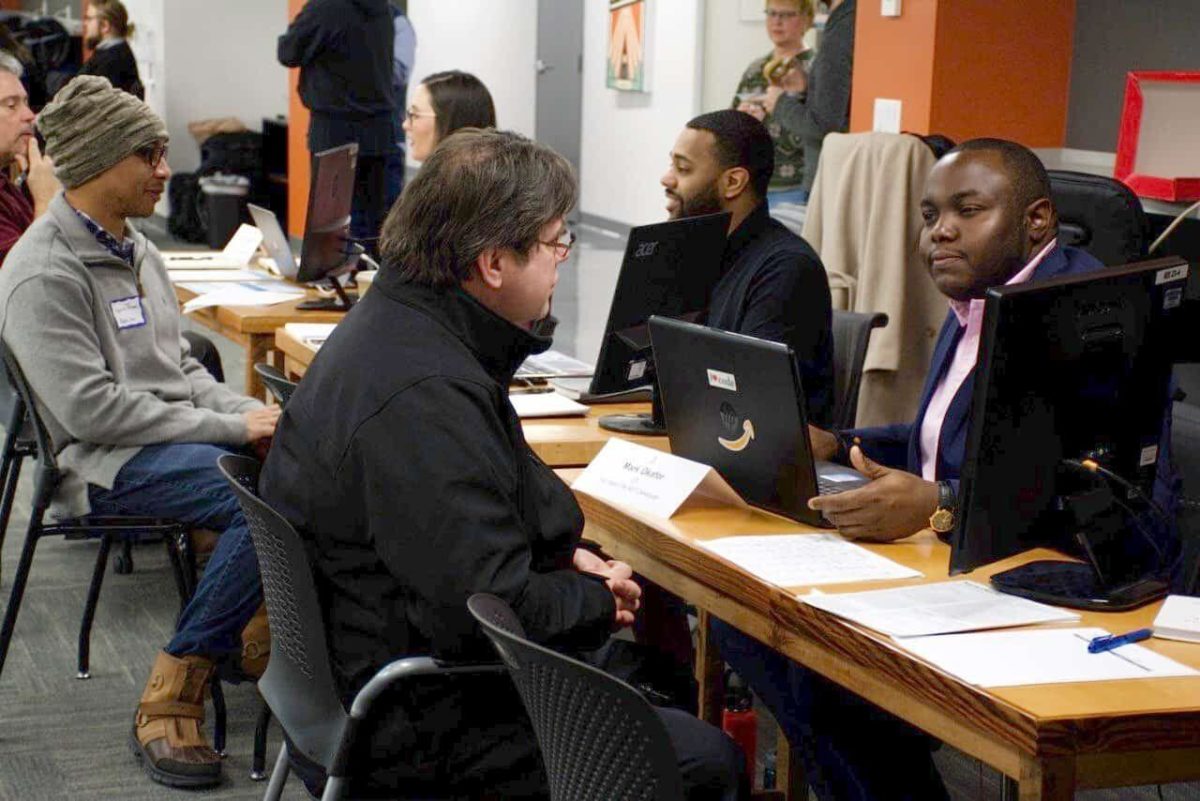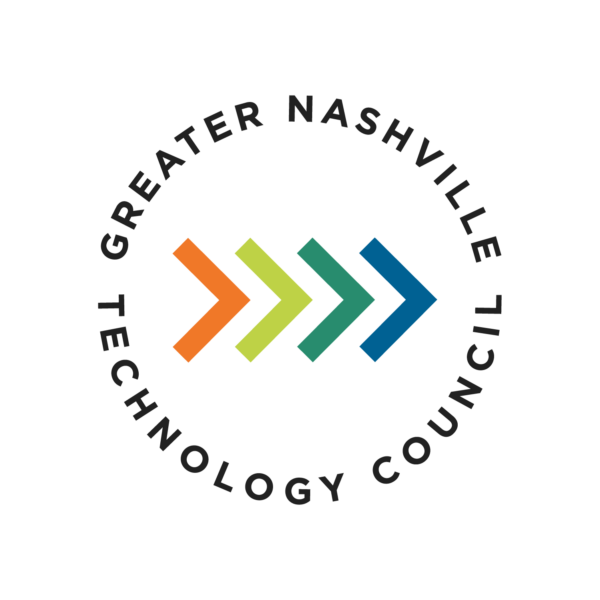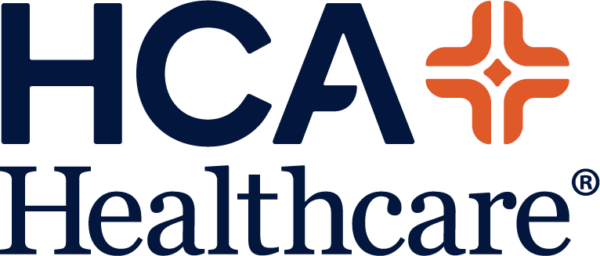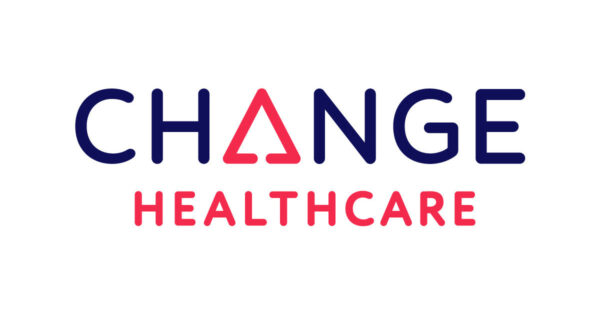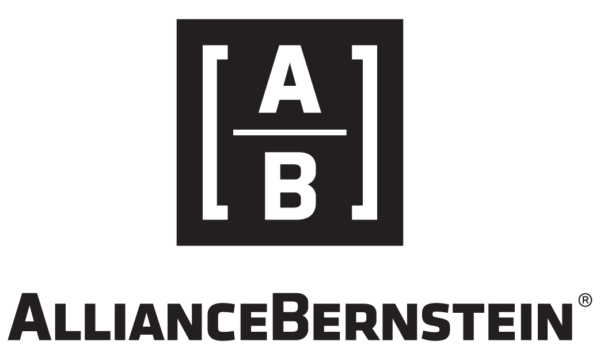Nashville technology job postings jumped 44 percent year-over-year in the third quarter, according to CompTIA, a trade association focused on IT. A number of nonprofit and for-profit entities such as Vanderbilt, the Greater Nashville Technology Council and the Nashville Software School have created boot camps to help foster the local talent pool to try and fill these technology positions. Now, Amazon — which has rapidly expanded its Nashville footprint over the past 12 months — is jumping on board the boot camp train.
On Monday, the Nashville Software School and Amazon announced a collaboration on a new software boot camp aimed at teaching individuals — not just from Amazon — with no prior coding experience how to code.
Marketed as a sort of “win-win”, the full-time, nine-month online program is designed to give non-technical workers — like Amazon’s logistics and fulfillment workers — the skills to transition into higher-paying, entry-level software engineering jobs without the time or financial constraints of a traditional degree program.
“At Amazon, we work to eliminate barriers like time and money for our employees so they can pursue skills training and education opportunities critical for the jobs of the future,” Amazon Technical Academy director Sarah Castle said. “This aligns well with the Nashville Software School’s nonprofit mission and focus on affordability and reducing financial barriers.”
This initiative is part of Amazon’s $1.2 billion pledge to help more than 300,000 of its own employees transition into higher-paying engineering jobs within the company by 2025.
Modeled after the Amazon Technical Academy — an internal program designed by Amazon’s engineers to teach software basics to its employees — this NSS coursework will give students traditional Java programming skills and specialized knowledge of more than 200 Amazon Web Service applications. More than 80 percent of Fortune 500 companies use AWS cloud infrastructure including Eventbrite, Netflix, Reddit and Pinterest.
“We were excited when Amazon approached us with the chance to collaborate with them on using Amazon Technical Academy’s proven in-house curriculum as the basis for our Software Engineering program,” Nashville Software School founder and CEO John Wark said.
According to the release, Amazon Technical Academy has placed 98 percent of its internal graduates into engineering roles at its company. NSS leaders are hoping for a similar placement success rate, said Haley Zapolski of Nashville Software School.
Graduates of the program will earn an NSS software engineering certificate with specializations in Java and AWS and will be able to apply for junior software engineering roles with employers. NSS graduates who apply at Amazon for full-time, entry-level software development engineer roles will undergo the same hiring and evaluation process as graduates from four-year computer science bachelor’s degree programs.
Launching in June 2022, the first cohort will be limited to 25 students, but a spokesperson for the NSS said they plan on doubling the capacity in the second cohort. The launch date for the second cohort has not been made public. Tuition for the program is $18,000.
Twelve of the 25 students selected for the first cohort will be opportunity students — individuals from underrepresented groups such as women, veterans and minority groups who are financially disadvantaged. The so-called opportunity students will receive a tuition scholarship of $4,000 and will be able to defer the majority of the remaining tuition balance ($12,500) until after graduation.
“Our new program opens yet another pathway for both local residents and those outside our region to acquire the skills required to launch a rewarding and lucrative career in software development,” Wark said. “Consistent with our mission and our other programs, this program is for motivated adults with aptitude — irrespective of whether they have any prior tech training — including the underemployed, financially fragile, or economically disadvantaged as well as those from backgrounds underrepresented in tech careers, including Blacks, Hispanics, women and veterans.”
Read More now
